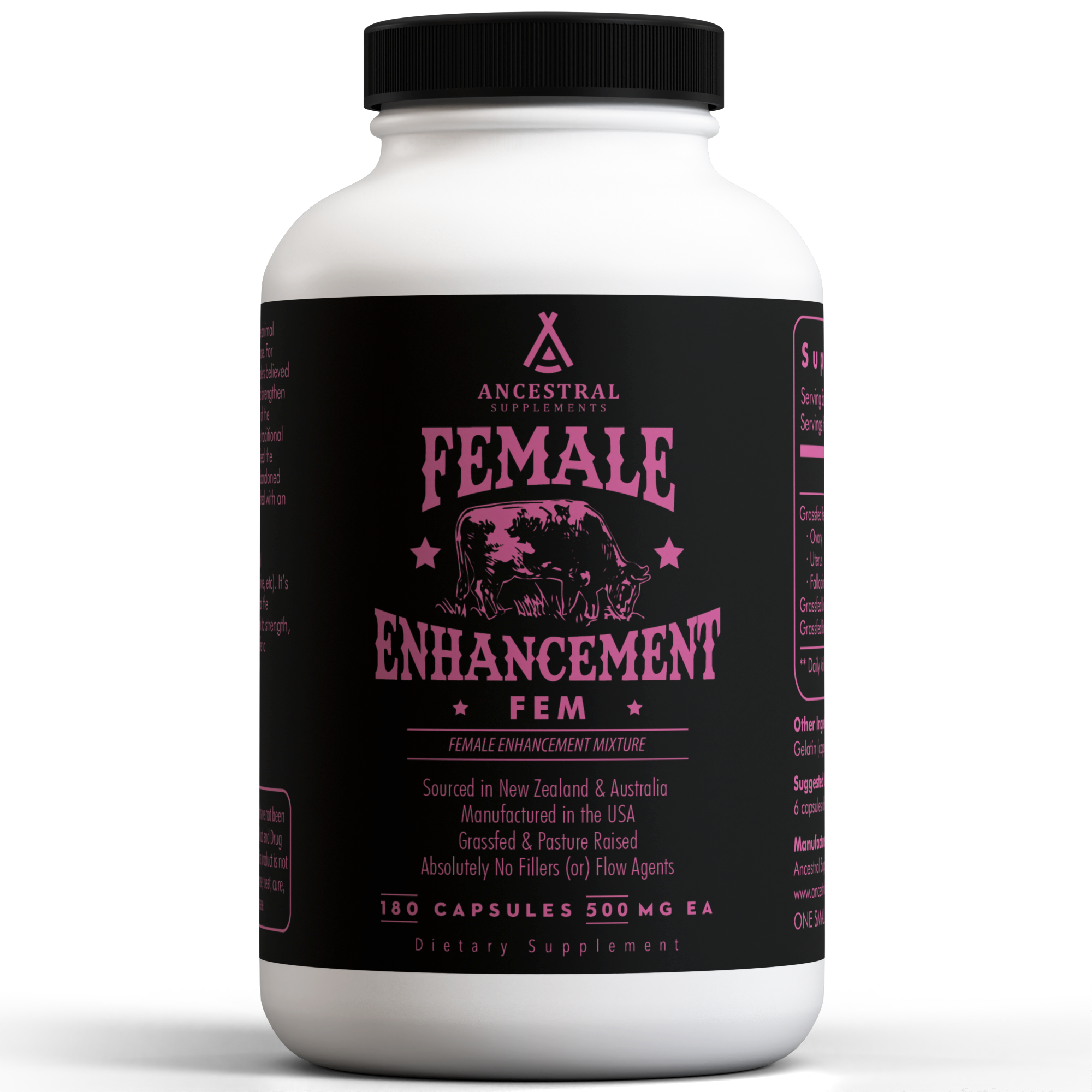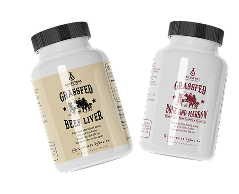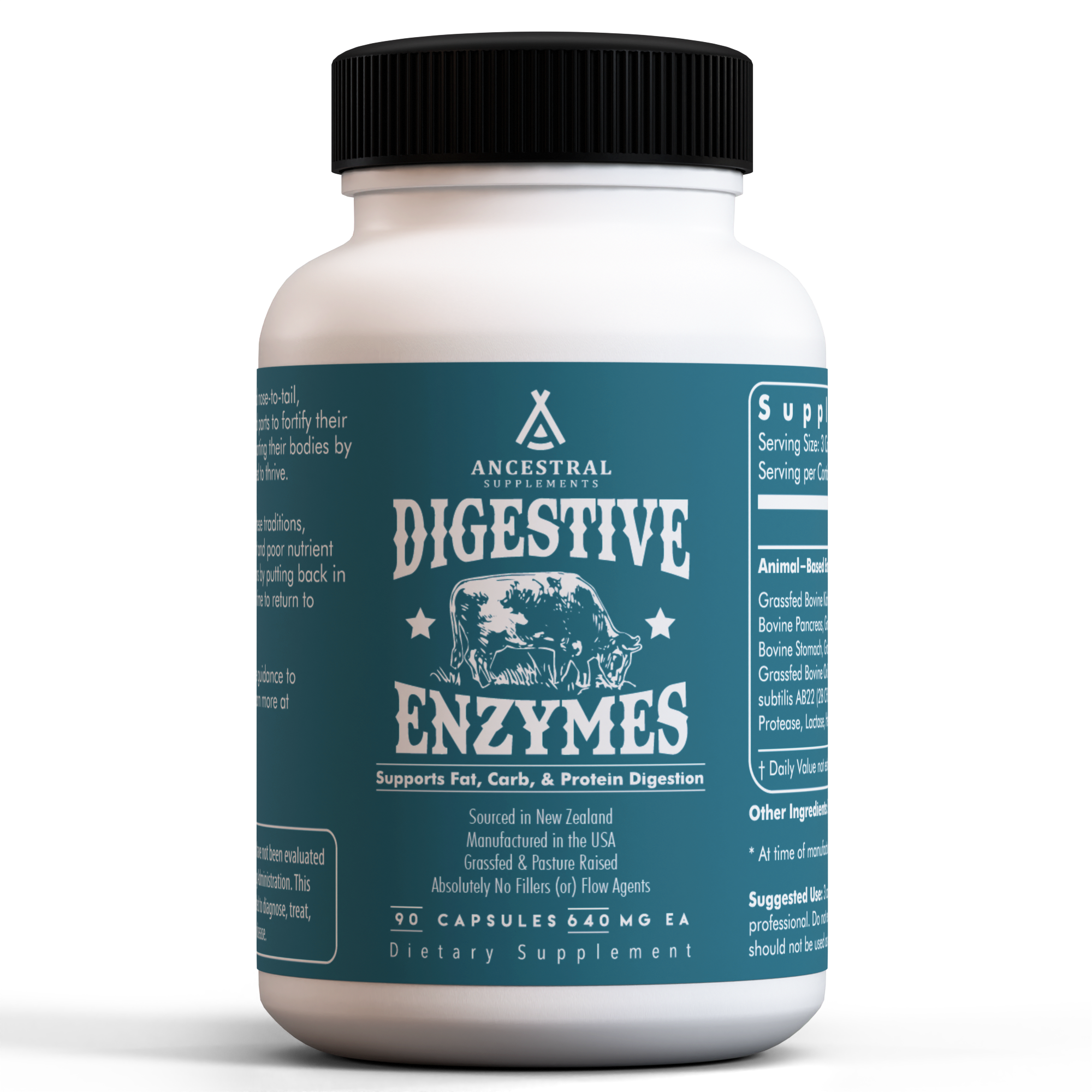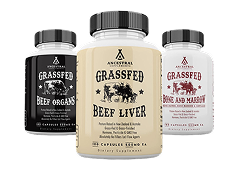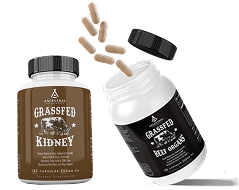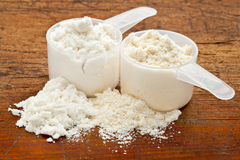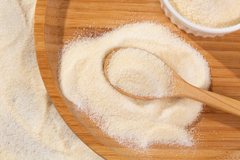The Top 5 Muscle Recovery Supplements

Muscle recovery isn’t just a luxury, it’s a necessity. For anyone committed to their fitness journey, the best supplements for muscle recovery can be the game-changer you need to keep pushing your limits. In this article, we’ll explore the crucial role of muscle recovery and unveil the most effective supplements backed by scientific research.
The Importance of Muscle Recovery for Fitness Enthusiasts
Muscle recovery is a cornerstone of any successful training plan. It's the vital phase where your body undergoes repair and growth, making you stronger and more resilient. When you exercise, you're essentially putting your muscles under stress, causing tiny tears that need to heal. Without adequate recovery, these micro-tears can accumulate, leading to prolonged soreness, burnout, and even injuries.
Think of muscle recovery as the secret weapon in your fitness arsenal. It allows you to bounce back faster, hit your workouts harder, and see those gains you've been striving for. It's not just about feeling better; it's about performing at your peak, day after day. Proper recovery enables you to sustain higher levels of intensity and consistency in your training. This is essential for anyone serious about smashing personal bests and reaching long-term fitness goals.
Neglecting recovery is a common mistake, but it's one that can derail even the most dedicated athletes. The body requires a balance of rest and nutrients to repair and rebuild stronger muscles. Skimping on recovery not only hampers your performance but also increases the risk of overtraining and chronic injuries.
Effective muscle recovery isn't just about lying on the couch; it's a dynamic process that involves a combination of rest, nutrition, and smart training strategies. By incorporating the right supplements, you can give your body the extra edge it needs to recover faster and more efficiently. Whether you're lifting heavy, running long distances, or engaging in high-intensity workouts, muscle recovery is the unsung hero that keeps you moving forward.
Common Signs of Poor Muscle Recovery
Prolonged muscle soreness that just won't quit? Fatigue that lingers like an unwelcome guest? If these signs sound all too familiar, your muscle recovery may be falling short. Constantly feeling drained and struggling to maintain your usual workout intensity are glaring red flags. But it doesn't stop there — poor muscle recovery can also result in restless sleep, irritability, and even a weakened immune system. These symptoms are your body's SOS signals, screaming for attention and proper care.
Overlooking these signs isn't just a minor oversight; it's a fast track to overtraining syndrome and potential injuries. You might find yourself stuck in a cycle of pain and underperformance, unable to break through to your next level of fitness. Addressing these symptoms head-on with effective recovery strategies is crucial for sustaining your momentum and achieving your goals.
Ignoring your body's cries for help is a mistake you can't afford. Listen, adapt, and take action to ensure your muscle recovery is on point.
What Affects Your Recovery Rate?
Imagine your muscle recovery as a finely tuned machine, where every component needs to work in harmony. The intensity and duration of your workouts act like the fuel you put into this machine — the harder and longer you push, the more recovery you’ll need to get back to peak performance. But that’s just the beginning. Your age is another gear in this machine; younger muscles tend to recover faster, while older muscles may require a bit more TLC to bounce back.
Your diet is the oil that keeps everything running smoothly. Without the right nutrients, your body struggles to repair and rebuild, turning what could be a smooth recovery into a grinding halt. And let's not forget sleep — this is the downtime your machine needs to reset and rebuild. Poor sleep quality is like running on old, worn-out parts, making your recovery sluggish and less efficient.
Hydration acts as the coolant. When you're dehydrated, your muscles can overheat, making it harder for them to recover. Imagine trying to drive a high-performance car without coolant — eventually, the engine will overheat and break down. The same goes for your muscles. Staying well-hydrated ensures that your muscles function optimally, reducing the time you need to recover.
Overall health plays a pivotal role too. If you're already battling an underlying health condition, your body's resources are divided, slowing down the recovery process. Regular check-ups and a proactive approach to your health can keep this machine running at full throttle.
By understanding these factors, you can fine-tune your recovery strategies, ensuring you’re always ready to tackle your next workout with relentless energy and determination.
Key Nutrients for Muscle Recovery
When it comes to muscle recovery, you need to fuel your body with the right building blocks.
Proteins
Proteins are the bedrock of muscle repair. After those grueling workouts, amino acids in proteins jumpstart the rebuilding process. They are the architects that reconstruct your muscle fibers, making them stronger and more resilient for your next training session. (1)
Branched-Chain Amino Acids (BCAAs)
BCAAs are your best allies in the fight against muscle soreness and fatigue. These essential amino acids — leucine, isoleucine, and valine — work together to reduce muscle damage, accelerate recovery, and enhance performance. Think of them as your secret weapon for bouncing back quickly. (2)
Omega-3 Fatty Acids
Omega-3s are the inflammation fighters. Abundant in fish oil and eggs, these fatty acids are crucial for reducing muscle inflammation and soreness. (3) They help calm the storm that intense exercise can create within your muscles, speeding up your recovery time so you can get back to crushing your workouts.
Antioxidants
Oxidative stress is a sneaky culprit that can slow down your recovery. This is where antioxidants like vitamin C, vitamin E, and polyphenols come into play. They neutralize harmful free radicals, protecting your muscles from damage and helping them recover faster. (4) These powerful compounds are your muscle’s best defense against the wear and tear of rigorous training.
Remember, fueling your body with these key nutrients can make the difference between staying stuck in soreness and catapulting yourself to peak performance. The right nutritional strategy, bolstered by these essential building blocks, will empower you to train harder, recover faster, and achieve your fitness goals with relentless determination.
5 Best Supplements for Muscle Recovery
Here are the 5 best supplements that can take your muscle recovery to the next level:
Turmeric/Curcumin
This ancient spice is a powerhouse of anti-inflammatory properties. Turmeric, particularly its active ingredient curcumin, is incredibly effective at reducing muscle inflammation and speeding up recovery. (5) Including a turmeric supplement in your regimen can help you bounce back faster and keep muscle pain at bay, allowing you to stay on top of your training game.
Protein
When it comes to muscle repair, protein is your number one ally. While whey protein and pea protein are popular choices, bone broth protein stands out as a superior option for several reasons. Bone broth protein is rich in collagen, gelatin, and essential amino acids that support joint health, gut health, and skin elasticity in addition to muscle recovery.
Unlike whey protein and pea protein, which can cause digestive issues for some people, bone broth protein is easy on the stomach and hypoallergenic, making it a great option for those with sensitivities. Additionally, bone broth protein provides a broader spectrum of nutrients compared to pea protein, which is often limited in certain amino acids. Adequate protein intake, especially from a source as nutrient dense as bone broth protein, is the cornerstone of muscle recovery.
The new Ancestral Protein Powder is packed with high-quality amino acids designed to jumpstart muscle recovery and growth. This powerful blend helps your muscles get the essential nutrients they need to rebuild stronger and more resilient.
Fish Oil/Eggs
Loaded with Omega-3 fatty acids, fish oil and eggs are potent tools in your recovery arsenal. These fatty acids are inflammation fighters, helping to reduce muscle soreness and accelerate the healing process. By incorporating fish oil supplements or eggs into your diet, you're giving your muscles the best chance to recover faster and perform better.
L-Glutamine
This essential amino acid is a game-changer for post-workout recovery. L-Glutamine helps restore muscle glycogen levels depleted during intense exercise, making it a vital supplement for anyone looking to recover faster and more effectively. Including L-Glutamine in your recovery routine helps ensure your muscles are ready to tackle the next challenge head-on.
Grass-Fed Beef Liver
Grass-fed beef liver is particularly beneficial for muscle recovery due to its high content of essential nutrients like iron, vitamin A, vitamin B12, and protein. Iron aids in oxygen transport to muscles, enhancing endurance and reducing fatigue. Vitamin A supports immune function and tissue repair, crucial for recovery. Vitamin B12 is vital for energy production and red blood cell formation, which helps in muscle repair and growth. The protein content in grass-fed beef liver provides the building blocks necessary for muscle synthesis and repair, making it an excellent addition to any post-workout regimen. (6)
These supplements are your go-to arsenal for muscle recovery, giving you the edge you need to stay strong, resilient, and relentless in your fitness journey. Incorporate them wisely, and watch your recovery times improve, empowering you to push your limits and achieve your goals.
Additional Tips for Optimal Muscle Recovery
Achieving optimal muscle recovery goes beyond just taking supplements; it requires a comprehensive approach that integrates several key strategies.
- A balanced diet is the foundation of muscle recovery. Focus on consuming a variety of proteins, carbohydrates, and healthy fats to provide your body with the essential nutrients it needs.
- Hydration is another critical element in the recovery equation. Staying adequately hydrated ensures that your muscles function efficiently and recover swiftly.
- Sleep cannot be overstated when it comes to muscle recovery. Strive for 7–9 hours of uninterrupted sleep each night. To enhance your sleep quality, create a bedtime routine that promotes relaxation — dim the lights, avoid screens, and consider meditation or reading a calming book before bed. A restful sleep environment is paramount; think cool, dark, and quiet for optimal rest.
- Incorporating active recovery techniques into your regimen can work wonders for reducing muscle soreness and speeding up the repair process. Light activities like yoga, stretching, and leisurely walks keep blood circulating to your muscles without placing additional strain on them. These practices not only enhance flexibility but also expedite the removal of metabolic waste products, facilitating faster recovery.
- Massage therapy is another effective active recovery tool. Whether it’s a professional massage or self-massage using foam rollers, this practice helps alleviate muscle tension, improve circulation, and reduce soreness. Regular massage sessions can significantly enhance your overall recovery, allowing you to maintain high training intensity and frequency.
Conclusion
Remember, muscle recovery is a holistic process that involves a combination of nutrition, hydration, rest, and active recovery. By integrating these strategies, you create a robust recovery plan that enables you to push your limits, break through plateaus, and achieve your fitness goals with relentless determination. Your body is a resilient machine, and with the right care, you’ll continue to thrive and excel in every workout.

